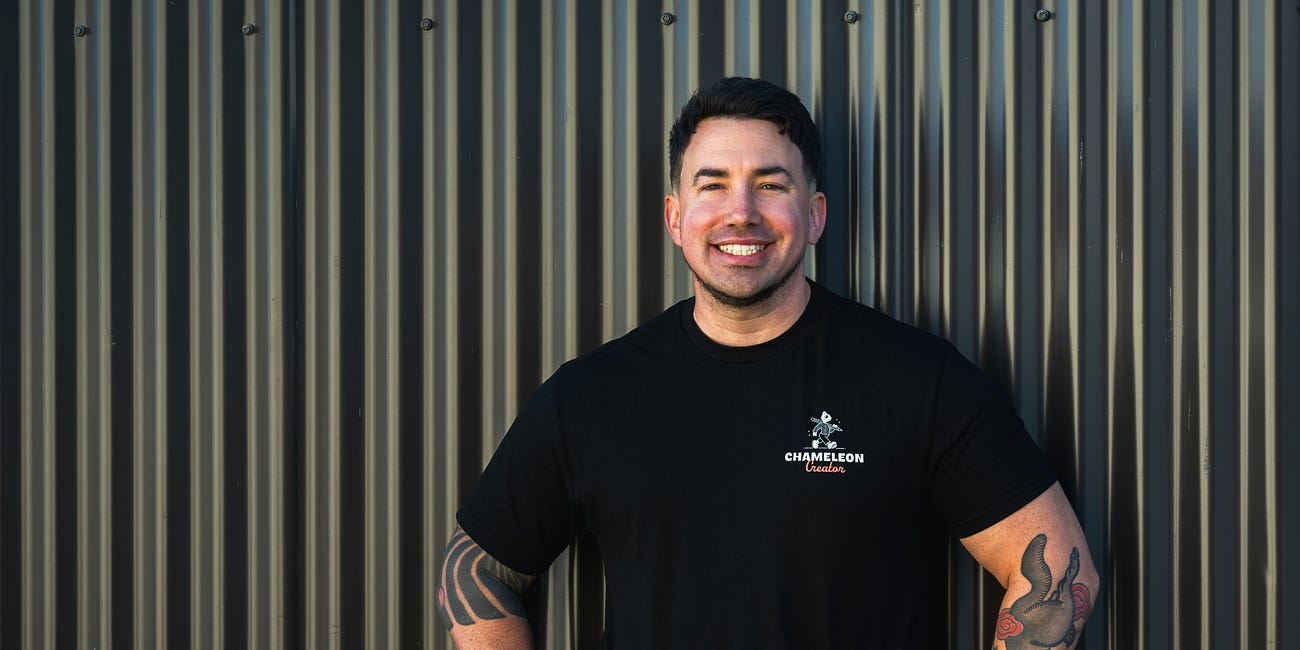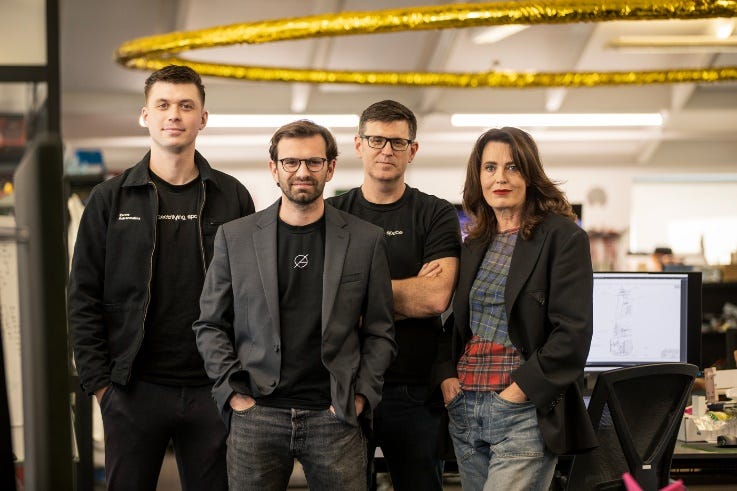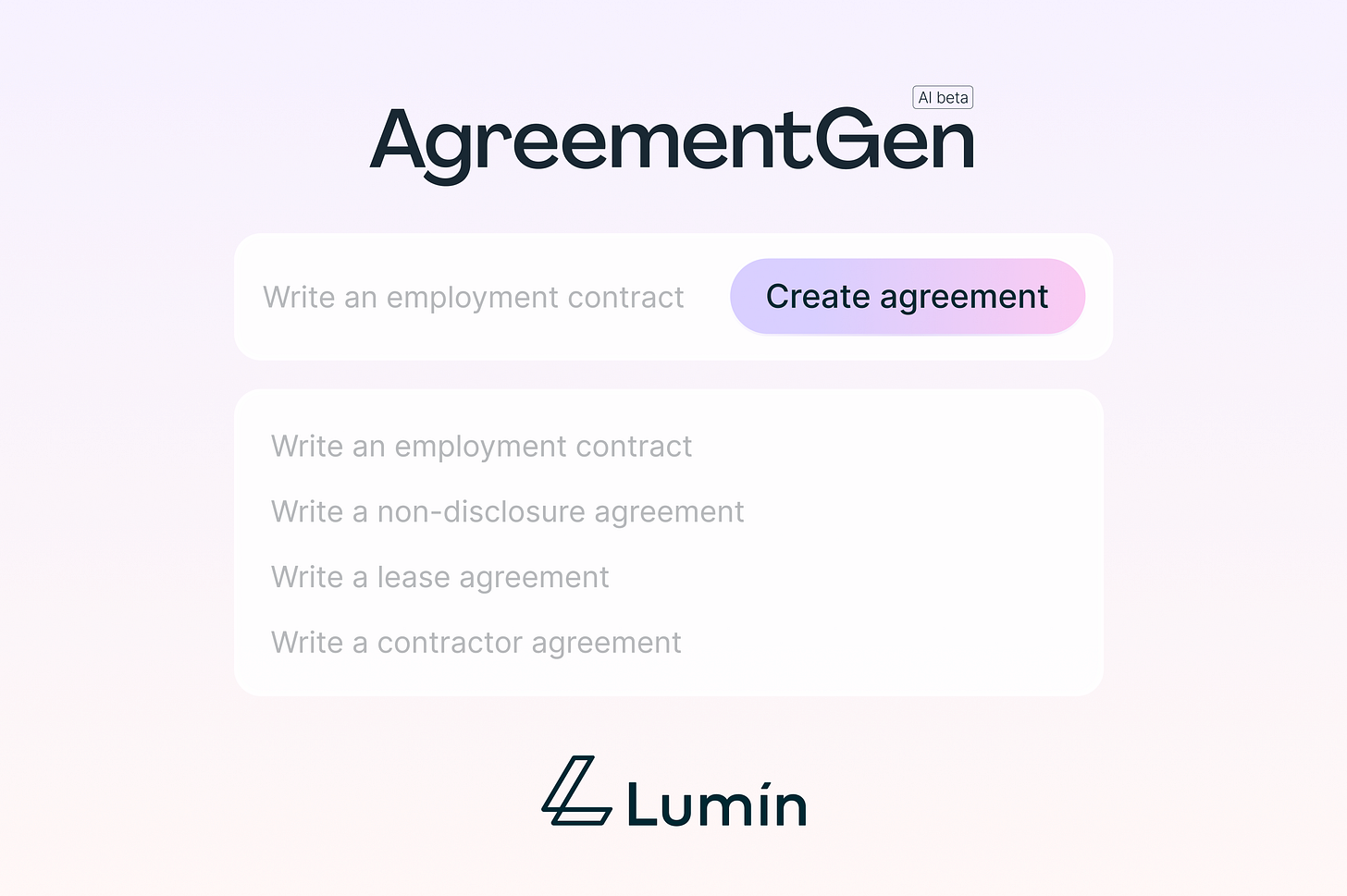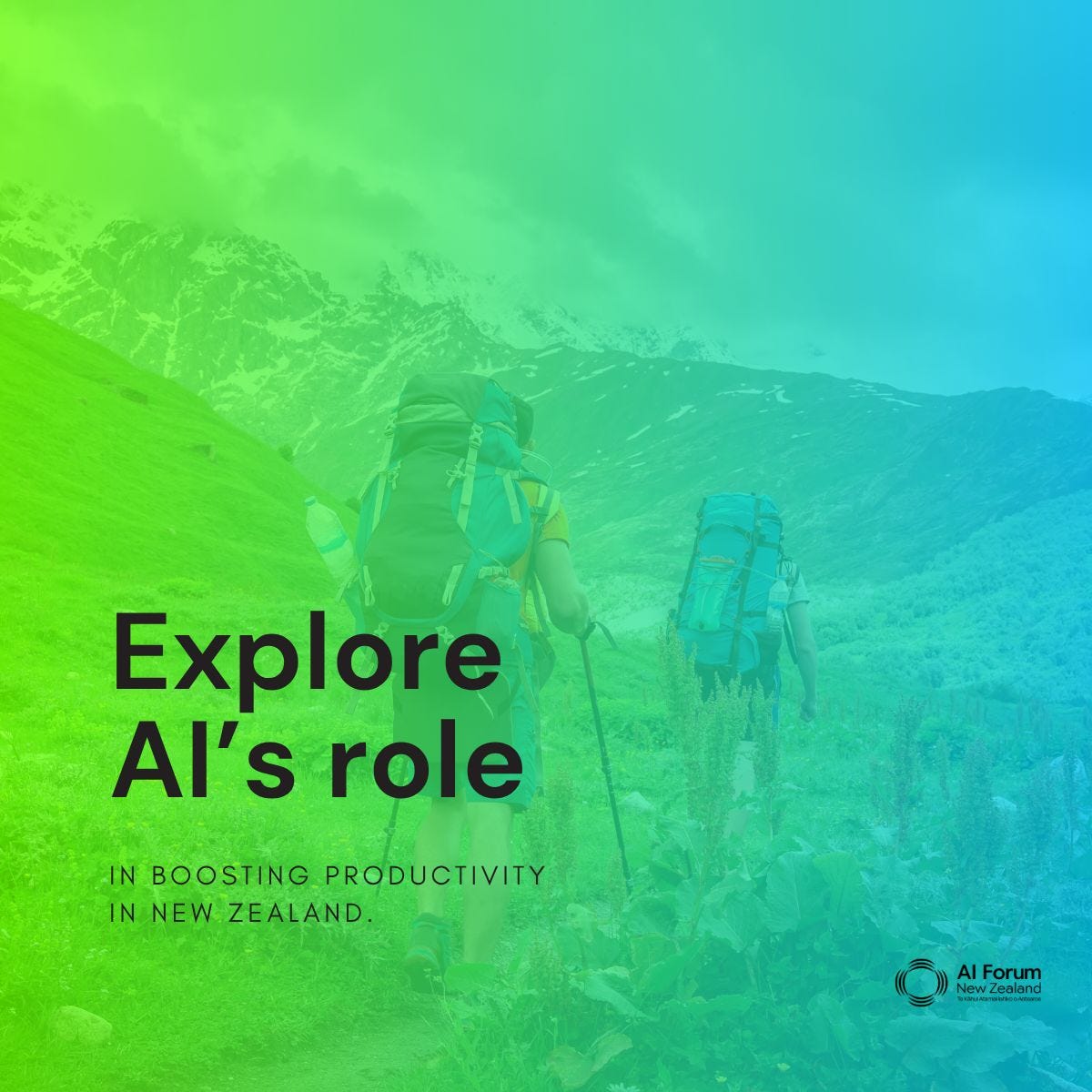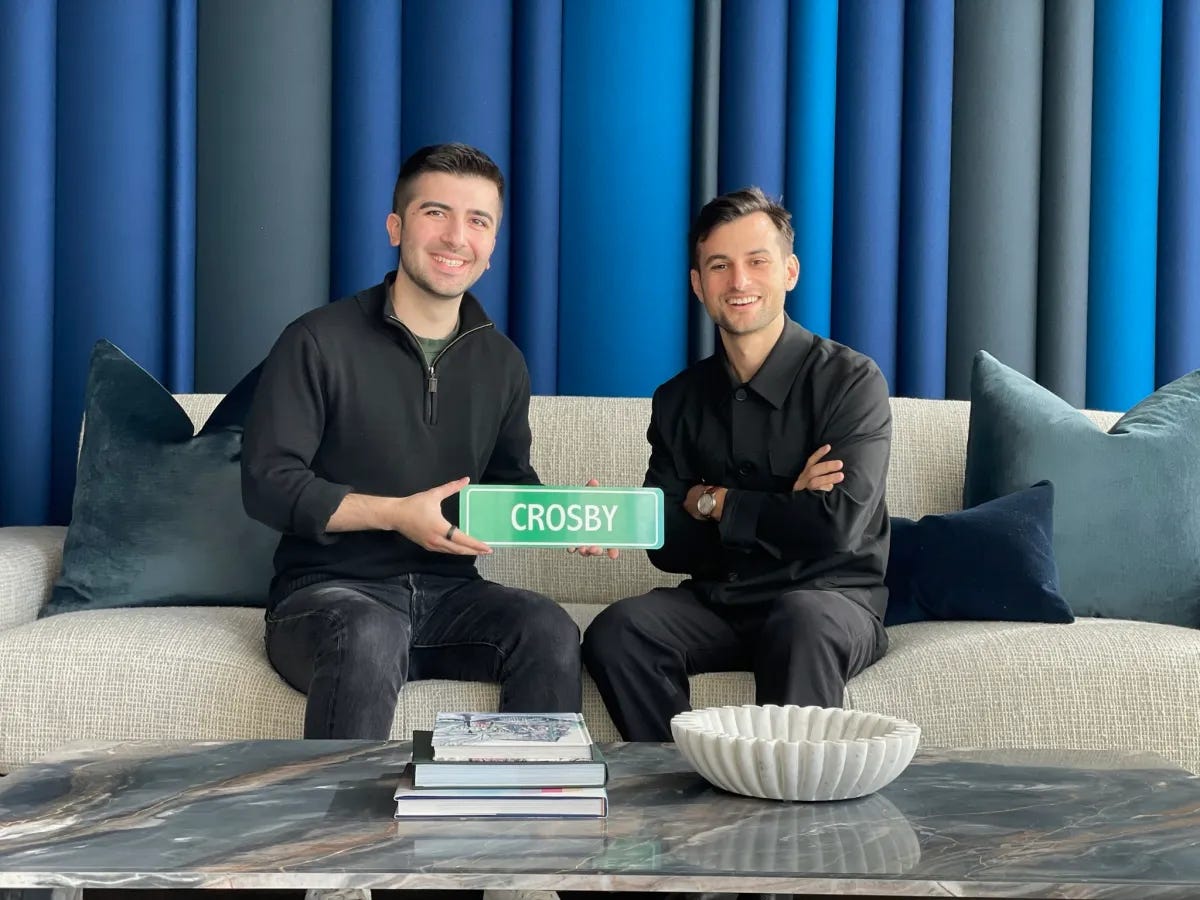ICYMI: Startup news and resources from the week that was
What you might have missed last week on Caffeine.
Welcome to Monday!
Hope everyone’s long weekend was restful. As always, on Monday we recap a few of our favorite stories or resources from the week that was then tomorrow kick back into our full newsletter from Tuesday.
Have a great week,
Finn and the Caffeine team
Todd Hammington on ‘making beautiful change’ for businesses with Chameleon Creator
Mānawatia a Matariki everyone!
New group joins forces to supercharge NZ hi-tech space industry: Anyone who has read Caffeine for a while knows I am exceptionally excited by New Zealand’s space sector so very much welcomed this news landing in my inbox.
Zenno Astronautics, Wellington UniVentures, and Paihau—Robinson Research Institute have formalised a collaborative partnership to advance the development of superconducting magnet technologies for space, and further strengthen New Zealand’s position as the global centre in this critical field.
Together, the three organisations represent a significant opportunity for New Zealand to advance superconducting space technologies with a wide range of applications.
Zenno is building core technologies that underpin in-orbit mobility and advanced space operations and is a leading IP holder, with patents awarded for conduction cooled superconducting magnets in space in New Zealand and worldwide. In December 2023, Zenno became the first company in the world to launch a superconducting magnet to space, marking a major step in the deployment of superconducting hardware in orbit.
Max Arshavsky, CEO of Zenno Astronautics, said, “At Zenno, we’re focused on building technologies that are simple, reliable, and highly scalable, creating a foundation the space industry can thrive on. Our goal is to develop systems that reduce the industry’s dependence on Earth-based resources, such as onboard fuel or traditional radiation shielding. Superconductors offer transformative potential in addressing these challenges and have the promise to become one of the core pillars of space infrastructure in the years ahead.”
Congrats to all the teams involved and can’t wait to see what comes of the collaboration.
The $603 problem every founder faces and how AI is fixing it
Creating contracts from scratch is expensive and time-consuming; the average legal fee for a basic contract is $603, and that doesn’t include the weeks of back-and-forth.
For founders juggling NDAs, service agreements, and employment contracts, this quickly becomes unsustainable.
AI contract generators are changing this reality. Instead of starting with blank documents or wrestling with generic templates, founders can now describe their requirements and watch AI craft customised agreements in minutes.
The benefits extend beyond cost savings. Business owners already report saving a median of 13 hours weekly using AI tools – contact generators can push that number even higher by cutting out the slow, manual work of drafting and managing agreements.
But while AI is powerful, it isn’t replacing lawyers for complex agreements. Its real strength lies in handling the everyday contracts businesses use regularly, or generating a solid first draft of more complicated agreements for legal professionals to review and refine. This hybrid approach significantly cuts both time and legal costs.
For Kiwi founders managing multiple contract types, AI generators represent a fundamental shift from expensive, time-consuming processes to streamlined, cost-effective workflows.
Learn more here
Help create actual data on how A.I is transforming business: From Auckland to Invercargill - how is AI really impacting Kiwi businesses? It’s the question which will only grow more crucial in the months ahead as A.I progress seems to be kicking up a gear (more on that below). The best way that we can prepare both as founders and more broadly, as a country, is to get good data. The AI Forum, in partnership with Callaghan Innovation and Te Herenga Waka Victoria University of Wellington, are doing just that.
Their research tracks AI adoption across all sectors and regions of Aotearoa to build the most comprehensive picture of AI's impact on New Zealand productivity. But they need your input to help inform that research.
Your experience matters, whether you're:
🏢 A large enterprise or small business
💻 Tech-savvy or traditional industry
📈 AI adopter or AI-curious
Business is Boring: How timber innovation can protect old growth forests: You may have seen the news recently that our old growth forests may be capturing far more carbon than we originally thought and now an excellent episode of Business is Boring has dropped with a founder who is doing great work to protect those forests.
Daniel Gudsell from Abodo joins Simon Pound to discuss how his company is pioneering a new category of rapidly renewable, high-performance wood - grown in sustainable forests, thermally modified to stand up to the elements, and positioned to win hearts as well as specs. Check it out here.
Crosby emerges from stealth with vision for future of AI powered law: One of the most fascinating parts of the A.I revolution is that it seems to be coming for white collar work before it comes for blue collar work and the wider economic and social implications of that will be fascinating to watch. Law firms seem to be first in line for transformation, as much of the routine legal work can plausibly be automated even with existing capabilities of A.I tools, now one startup has emerged from stealth wanting to be the first to showcase how that works.
US AI startup and law firm Crosby, backed by Sequoia, has closed a $5.8m seed round and is promising a wildly different vision of how legal firms will operate in future. It claims that its AI tools, with human super vision, can review a new client contract in under and hour and aims to get that time down to only ‘minutes’. Great piece from Tech Crunch here with all the details.
Want to get in touch with a news tip, a slice of feedback or just to chat? Email hello@caffeinedaily.co




